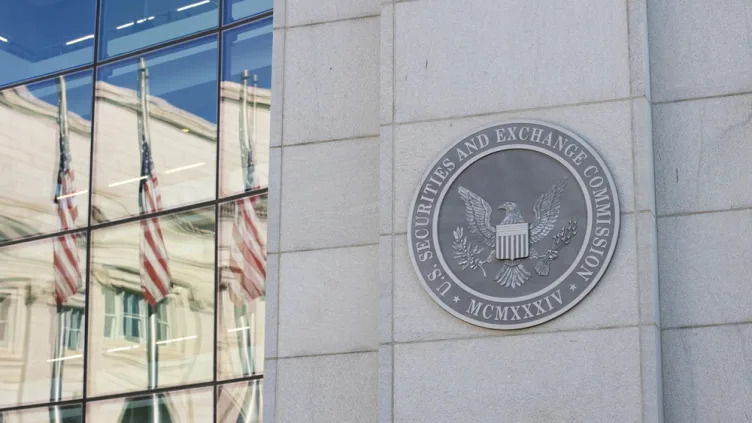The United States Internal Revenue Service (IRS) has announced a temporary relief measure that will prevent crypto holders on centralized exchanges from being defaulted to the less-than-ideal accounting method, FIFO (First In, First Out). This move comes as a result of concerns raised by industry experts and taxpayers about the potential consequences of imposing this rule.
What is FIFO?
FIFO is the default method for calculating capital gains tax in the US. It assumes that the oldest cryptocurrency bought is sold first, which can lead to an increase in a taxpayer’s capital gains. This method can be problematic for crypto holders who may unintentionally sell their earliest purchased assets with lower cost basis, thereby maximizing their capital gains.
The Initial Ruling
Initially, the IRS had stated that if investors holding crypto assets with a CeFi (Centralized Finance) broker didn’t select their preferred accounting method, such as HIFO (Highest In, First Out) or Spec ID, the broker would default to reporting sales using the FIFO method. This ruling has been met with criticism from industry experts who argue that it could have disastrous consequences for many crypto taxpayers during a bull market.
Temporary Relief
According to an Xpost by Cointracker’s head of tax, Shehan Chandrasekera, the IRS has postponed the implementation of the FIFO automatic rule. This temporary relief will give brokers time to support all accounting methods until December 31, 2025. During this period, crypto taxpayers will be able to maintain their own records.
The Consequences of FIFO
Crypto commentator Mark Thomas warned that imposing the FIFO rule could lead to unintentional sales of earliest purchased assets with lower cost basis, thereby unknowingly maximizing capital gains. However, he also noted that in certain situations, FIFO can be beneficial if the sale date is more than one year after the earliest crypto bought and less than one year after the latest crypto bought.
Long-term Capital Gains vs. Short-term
Thomas pointed out that in the case of long-term capital gains, FIFO would mean a lower tax rate compared to short-term capital gains. This highlights the importance of understanding the accounting methods available for crypto holders and choosing the most suitable one for their specific situation.
Blockchain Association Takes Legal Action against IRS
The update comes just days after the Blockchain Association and the Texas Blockchain Council filed a lawsuit against the IRS on December 28, arguing that the rules requiring brokers to report digital asset transactions and expanding existing requirements to include platforms like decentralized exchanges (DEXs) are unconstitutional. The lawsuit challenges the constitutionality of these new rules, which would require brokers to disclose information about taxpayers involved in digital asset transactions.
What’s Next?
The temporary relief measure will remain in effect until December 31, 2025, giving brokers time to support all accounting methods. After this date, brokers must disclose information about taxpayers involved in digital asset transactions and report their gross proceeds from crypto and other digital asset sales. The Blockchain Association’s lawsuit against the IRS is ongoing, and its outcome may have significant implications for the industry.
Conclusion
The temporary relief measure announced by the IRS provides a welcome reprieve for crypto holders who were concerned about being defaulted to the FIFO method. However, it remains to be seen how this will affect the broader industry in the long term. The Blockchain Association’s lawsuit against the IRS continues to raise important questions about the constitutionality of these new rules and their potential impact on taxpayers.
Related Resources
- IRS DeFi Broker Rule ‘Absolutely Should Be Challenged,’ Says Uniswap CLO
- Down to $200 one day, Pixels founder had $2.4M the next: Luke Barwikowski, X Hall of Flame
Subscribe to Our Crypto Biz Newsletter
Stay up-to-date with the latest business trends in blockchain and crypto. Gain valuable insights to navigate the market and spot financial opportunities. Delivered every Thursday.
By subscribing, you agree to our Terms of Service and Privacy Policy.



